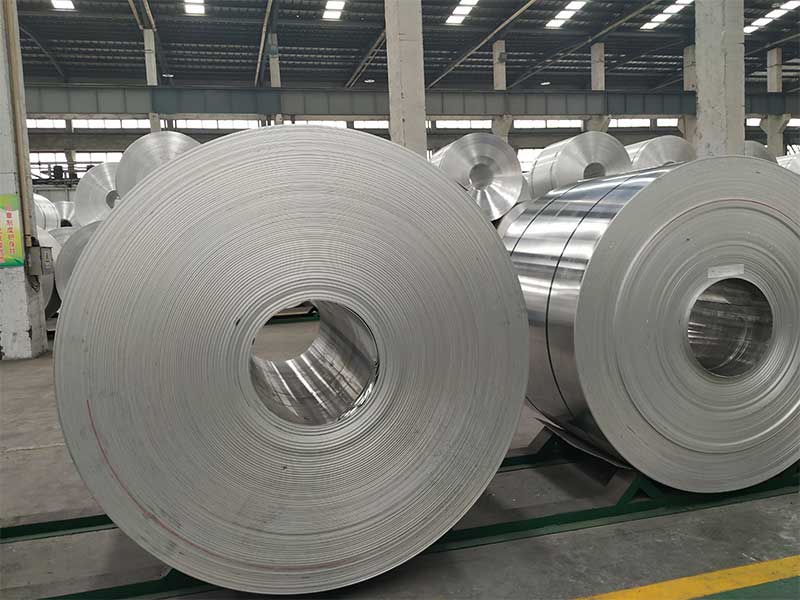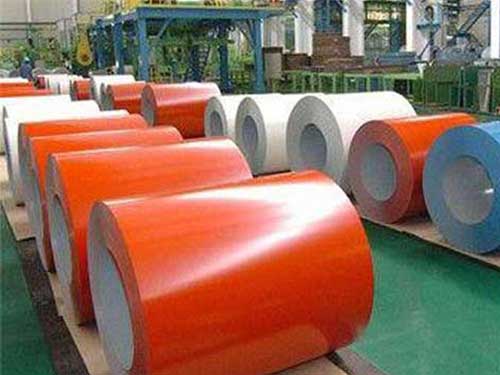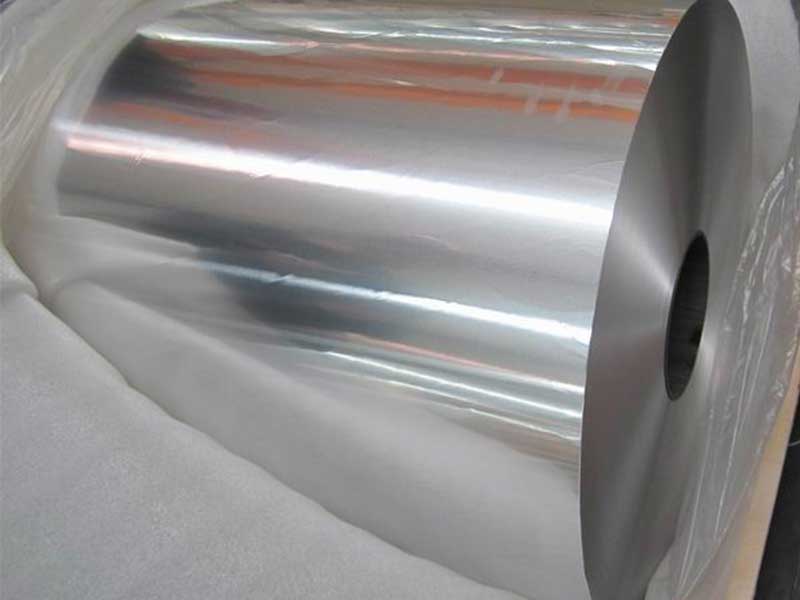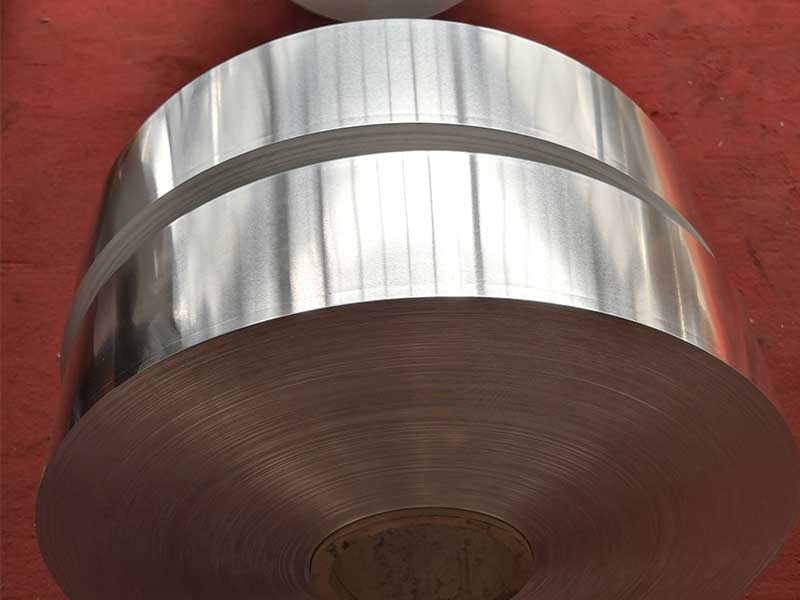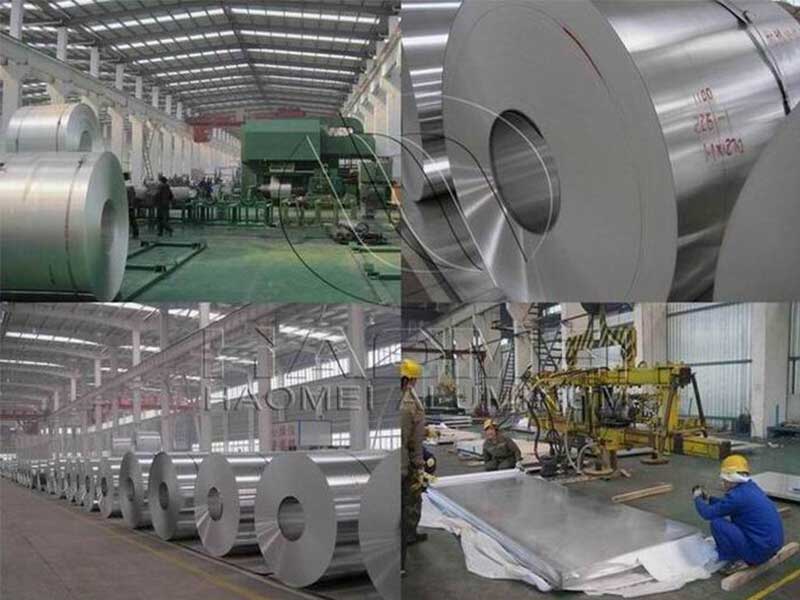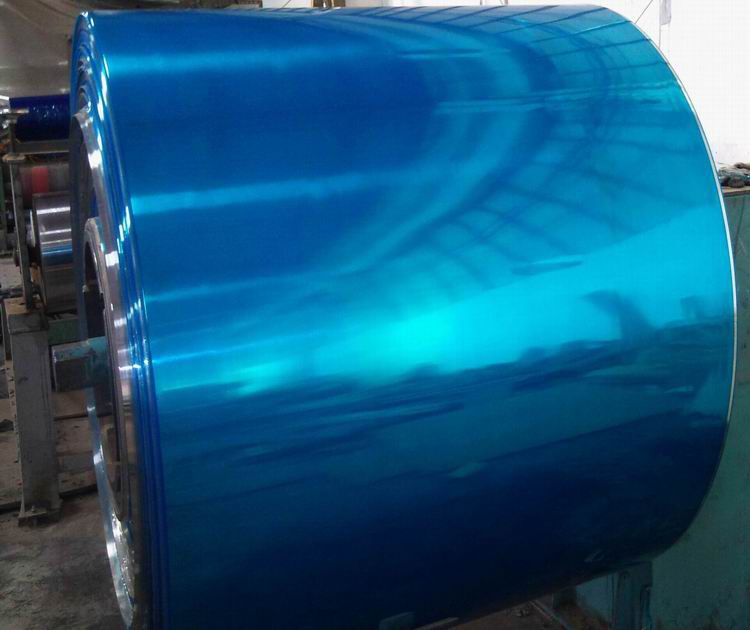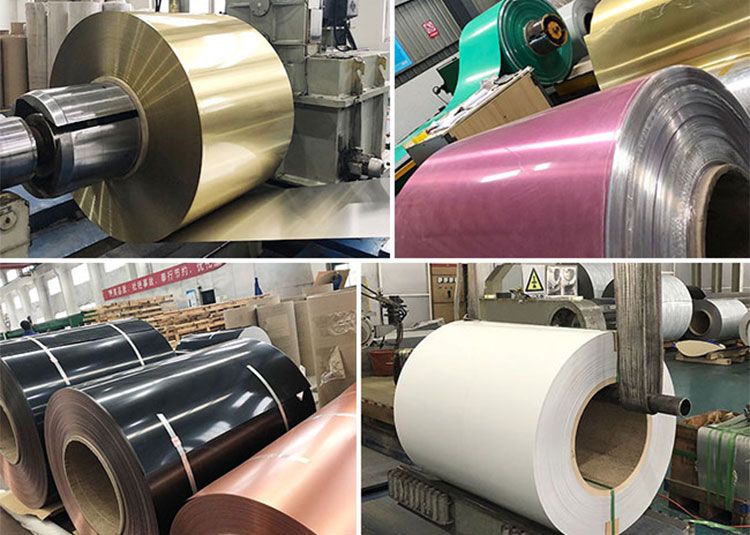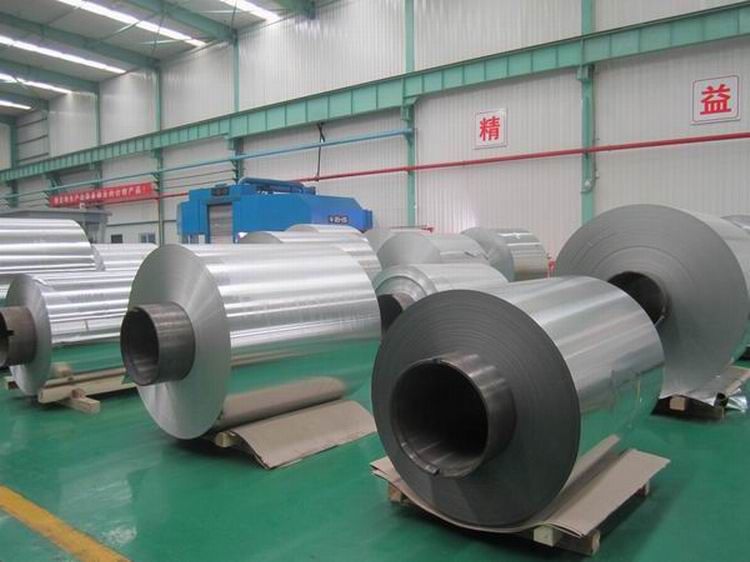Aluminum coils have revolutionized industries through their versatility and myriad applications.
Types of Aluminum Coils
1. Aluminum Coil 1060
- General Description: Known as a commercially pure aluminum, 1060 reaches 99.6% minimum aluminum content. Its excellent corrosion resistance and workability make it one of the more widely used aluminum grades.
- Parameters:
- Thickness Range: 0.3mm to 5mm
- Width Range: up to 1500mm
2. Aluminum Coil 1070
- General Description: Like 1060, 1070 aluminum also offers exceptional brightness and corrosion resistance. With a content of 99.7% aluminum and only traces of iron, it is suited for applications that require high thermal and electrical conductivity.
- Parameters:
- Thickness Range: 0.5mm to 6mm
- Width Range: up to 1600mm
3. Aluminum Coil 1100
- General Description: Composed of 99.0% aluminum, 1100 alloy specifies with slight variations that often change its strength or pliability, depending on heat treatment. Notably, it is known for its very good resistance to chemical etching, which makes it apt for chemical storage tanks and equipment.
- Parameters:
- Thickness Range: 0.3mm to 8mm
- Width Range: up to 2000mm
4. Aluminum Coil 3003
- General Description: A modification of 1100, 3003 features an addition of manganese which enhances strength (up to 20% superior strength), rendering it still flexible and workable. This property makes 3003 a favorite in cooking utensils, chemical equipment, roofing sheets, and more.
- Parameters:
- Thickness Range: 0.2mm to 12mm
- Width Range: up to 1500mm
Tempering
The tempering of aluminum coils further plays a crucial role in determining mechanical performance.
Temper H18
- Chemical Composition: represents higher strength obtained through work hardening.
- Application Areas: Particularly popular in components requiring significant stiffness without sacrificing ductility—it strikes an excellent balance between formability and strength.
Temper H24
- Chemical Composition: Modifies mechanical properties by introducing controlled heating, providing excellent formability yet enough strength for most construction purposes.
- Application Areas: Frequently comprises applications in the manufacturing of heat exchangers and background impervious conduits due to its stress-resilient attributes.
Implementation Standards
Ensuring that aluminum coils are produced according to industry standards is paramount. Below are the commonly used specifications:
| Parametrics | ASTM Standards | Typical Alloy Range |
|---|---|---|
| Thickness | ASTM B221 | 0.3 mm - 12 mm |
| Width | Custom availability | Up to ~2000 mm |
| Chemical Composition | ASTM B209 | @Standards Grade 1000 (1060, 1070), 3000 series (3003, 3105) |
| Performance Results | ASME Standards within ASTM | Depend on Alloy Temper by Application |
Chemical Properties Table
| Alloy Grade | Composition | Electrical Conductivity | Melting Point (°C) | Density (g/cm³) |
|---|---|---|---|---|
| 1060 | Al 99.6% | 69% IACS | 660.3 | 2.70 |
| 1070 | Al 99.7% | 70% IACS | 660.3 | 2.71 |
| 1100 | Al 99.0% | 62% IACS | 660.3 | 2.74 |
| 3003 | Al 96.0% + Mn | 51% IACS | 660.35 | 2.73 |


